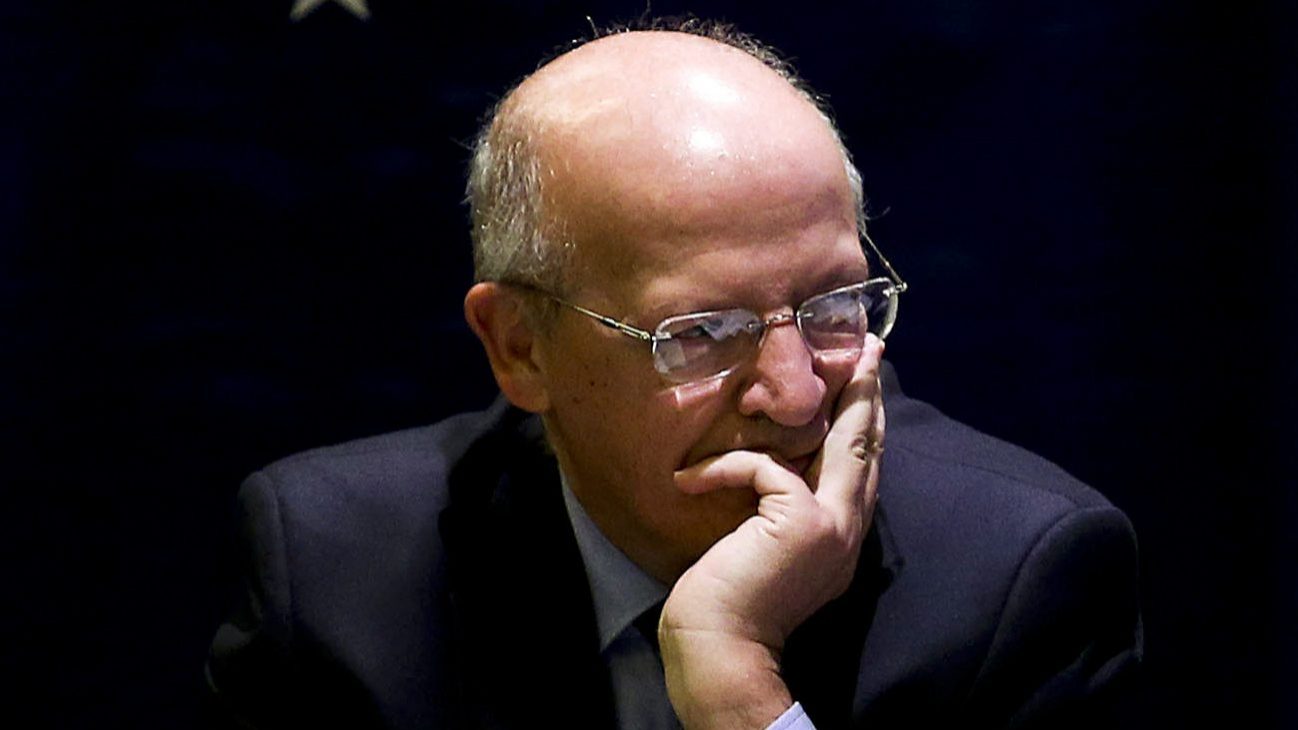Portugal’s finance minister seeks “rapid, smooth approval” of EU states’ recovery plans
Finance Minister João Leão expects a "rapid and smooth approval" of the recovery plans of EU member states so that the Recovery Fund starts to have an impact in the economy.
Finance Minister João Leão on Tuesday stressed the importance of a “rapid and smooth approval” of the recovery plans of EU member states so that the Recovery Fund starts “to have an impact on the real economy.”
Leão was speaking at the start of the first meeting of EU Finance Ministers (Ecofin Council) he chairs as part of the Portuguese EU Council presidency, which is being held today by videoconference and with the Leão leading the work in home confinement, after his positive Covid-19 test on Saturday.
“Today we have our first Ecofin meeting under the Portuguese presidency. It is with a great sense of responsibility that we begin our presidency in such challenging times,” he said.
He commented that the “last year was marked by the huge social and economic impact of the pandemic”, but it was “also the year in which the EU implemented an unprecedented timely response” and “showed a great sense of unity and solidarity by taking the unprecedented step of approving the “NextGenerationEU,” the 750 billion euros instrument to help rebuild the European economy.
“And now is the time to implement it to drive a strong and rapid economic recovery. It is time to deliver a fair, green and digital recovery. This is the motto of the Portuguese presidency,” he said.
Pointing out that at today’s meeting he will present to his European counterparts the priorities of the Portuguese presidency for the next six months, João Leão said from the outset that “at the heart of all efforts” will be the work of “preparing the ground for a robust economic recovery”.
“The instrument of recovery and resilience represents a key tool for getting the European economy off the ground. A swift and smooth approval by Ecofin of individual member states’ plans is very important for NextGenerationEU to start having an impact on the real economy,” he said, adding that today’s meeting will provide “an exchange of views on this important issue and a discussion on the next steps for implementing recovery and resilience plans”.
Ahead of the Ecofin meeting, as usual, an informal meeting of euro-zone finance ministers was held the day before. At the end, Eurogroup President Paschal Donohoe also underlined that he will “work closely with Minister João Leão during the Portuguese presidency” in the process of approving national plans for economic recovery from the crisis.
At the end of a videoconference of the informal forum of euro-zone finance ministers (Eurogroup), the Irish leader pointed out that the European Commission has reported on the latest developments in the process of presenting and negotiating with member states on their national recovery and resilience plans, which the 27 are due to present to Brussels and which have to be approved by the Ecofin Council in order to start disbursing the 750 billion euros Recovery Fund.
For his part, European Economic Commissioner Paolo Gentiloni also stressed the need to complete as quickly as possible all the remaining steps in the process to effectively implement the European economic recovery plan.
Mr Gentiloni explained that “once regulation on the instrument for recovery and resilience has entered into force, which will be the case in the second half of February, member states will be able to formally submit their plans to the Commission”.
“We will then work to evaluate and approve each plan within two months, with the Council having an additional month to adopt the final implementing decision for each plan. It is a tight schedule. But as we are at a very advanced stage of discussions with many countries, it is feasible,” he said, recalling that many countries have responded to the Brussels request to send drafts of their plans since last October.


